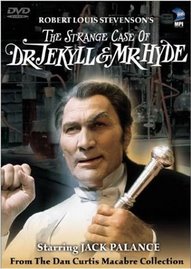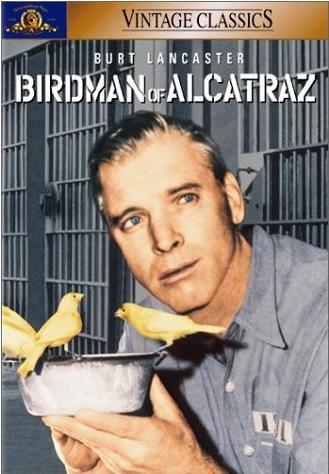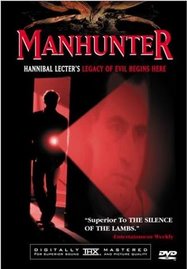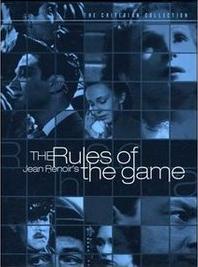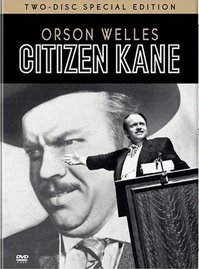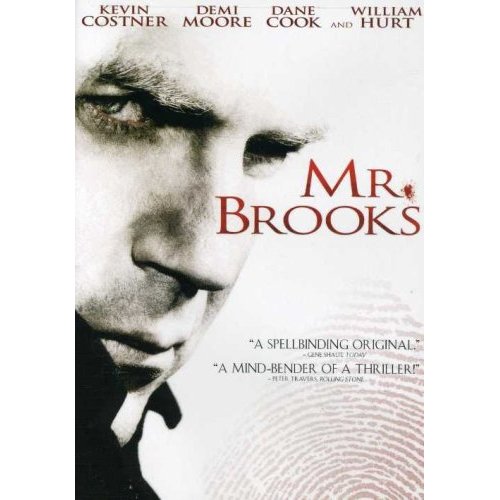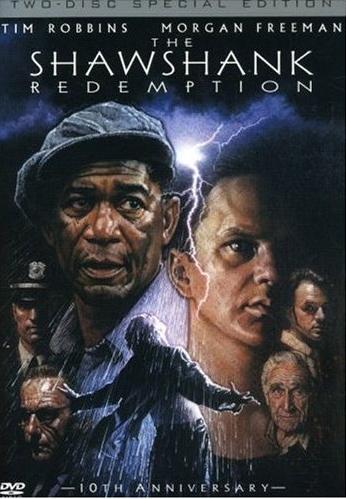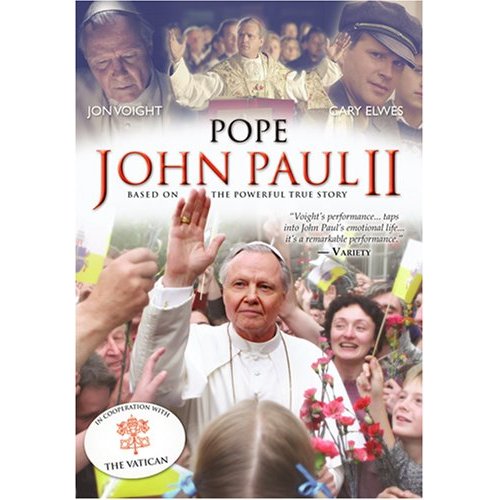I refined the approach and then submitted it to LinkedIn Q/A Participants with the following heading: "RELIGION: What's So Great About Christianity? (Disputation)." Twelve responses were submitted before someone in LI flagged it for "inappropriate content." The idea of disputation is to allow controversy to be dealt with in an organized manner. Since the question was flagged, it was also hidden.
I have since transferred the question to my blog at (http://specialcounselfordecisionmakers.blogspot.com/2008/02/religion-whats-so-great-about.html).
Here's the refined approach:
1. QUESTIONER'S TOPIC: [The Questioner picks and labels the Topic, e.g. in this case: "DISPUTATION:"]
2. STRATEGIC ISSUE about the Topic: [The Questioner presents an issue about the Topic in a way that will require "YES" and "NO" answers and inspire debate in support of the answer given, e.g.: "DISPUTATION: Is disputation the best way to focus participants in change management?"]
3. RESPONSES: [Q/A Participants' affirmative ("YES" because...) or negative ("NO" because...) or unresolved ("MAYBE" because...) answers to the issue.]
4. WISDOM LINKS: [Q/A Participants' links to enhance future discussion.]
5. PARTICIPANT OBJECTIONS: [Responses organized by the Questioner into areas of concerns about value, mission, purpose, vision, leadership, strategy, client focus, wisdom, co-worker focus, process management, and results.]
6. QUESTIONER'S REPLIES: [Upon closing the question, the Questioner processes the responses and clarifies his or her own answer to the issue.]
7. RESULTS: [The Questioner replies to the points made by the Participants.]
A friend sent me the following link to an article suggesting support for such efforts: Encouraging Dissent in Decision-Making.
Thanks in advance for participating.
John Darrouzet http://specialcounselfordecisionmakers.blogspot.com
*******
The responses I received on this blog on LinkedIn may be found there. Here is how I replied to them using the form of disputation set out above:
DISPUTATION: Is disputation the best way to focus participants in change management? (Disputation)1. QUESTIONER'S TOPIC: "DISPUTATION"
2. STRATEGIC ISSUE about the Topic: "DISPUTATION: Is disputation the best way to focus participants in change management?"
3. RESPONSES: See 11 responses
4. WISDOM LINKS: http://hbswk.hbs.edu/item/5746.html
5. PARTICIPANT COMMENTS:
LEADERSHIP: "... Congress -- just imagine how much more they could actually accomplish! :-)" "I believe that in a dynamic market, being open to dissenting views as Emmons refers to them, here-can tease out important decision factors. Please enjoy the article on constructive ways to encourage dissenting views and the benefits and unintended consequences of supressing them."
STRATEGY: "I would add something about keeping ad hominem responses out of the question/response flow." "...disputation is a rather effective method for focusing change management. Think about all of the unique perspectives out there and then consider how many you couldn't even fathom. It is an excellent form of think tanking..." "unless the Questioner is also an excellent facilitator, this sort of thing, as an in-person exercise, can easily be dominated by forceful personalities and/or senior managers. The Delphi Method is one questionnaire-based technique, not the only one, to elicit opinion from all participants. Part of the Delphi preparation is an assumption that all participants have expertise, and the goal is eliciting it." "2 Corinthians 4:3-4. Pascal says something along the same lines, that there is enough light to ensure those who seek shall find, yet enough darkness that those who do not seek shall not find."
CLIENT FOCUS: "What you have outlined for us here is certainly a wonderful way to get clear, organized and look at all sides of an issue, share and educate others and then make a change or decision based upon careful consideration. What bothers me is the word, disputation and its implications. It already sets the questioner up for conflict. When I work with my clients I often hear the answer in the question - If you were my client I would ask why does there need
to be a dispute within your quest for change management. I would attempt to help you find reconciliation with regard to the issue you had a question about in your quest for change. In the end the goal is the same - the process is outstanding - perhaps I would just replace the word disputation with reconciliation or a word that implies looking at things from all sides."
WISDOM: "...as a focus tool disputation is really excellent - it allows structure to work on often hard to structure ideas."
CO-WORKER FOCUS:"Maybe disputation is the best way to focus participants in change management. If the course of change is already mapped and no deviation will be allowed, or if you have a strong leader and a group of sycophant ollowers. Otherwise, disputation is polarizing. Participants will focus on 'hey this is great, let's get it done,' or 'I hate this and will do everything in my power to prevent it' feelings. Where in disputation do you get logical commitment to the change and buy in by the participants? Are you going to overcome them with philosophical and logical arguments? That will get everyone involved in the change process to nod off and start snoring!" "I rather like hockey, especially now that they have the shoot out rule"
PROCESS MANAGEMENT: "...Also, in my experience one of the phases of 'change management' is brainstorming, whereas 'disputation' as defined above seems to box and control rather than allow free flowing discussion."
RESULTS: "...one of the biggest missings today is dialogue and intelligent discussion and debate. Religion [See earlier blog] and politics are supposed to be the two taboo topics for 'polite conversation.' There is no reason for that perspective if people are willing to have intelligent and thoughtful debate. No name calling no extremist attacks. But an engaging discourse between human beings. Your structure for disputation is pretty classic."
6. QUESTIONER'S REPLIES:
Disputation is the best way to focus participants in change management when your goal is to move forward by example of fairness in considering various points of view about an issue.
7. RESULTS:
LEADERSHIP: Congress has procedures to debate issues, but often resorts to mere power plays to resolve matters. Disputation may be a better approach in places of learning than governing. Constructive dissent is necessary or leaders will be surrounded only by "Yes" men and women who are little more than sycophants.
STRATEGY: Rules of debate would have to be discussed along with other issues as well to cover such matters as acceptable and unacceptable debate. More than experts should be encouraged to participate. Some matters, mysteries for example though not "secrets," will always remain hidden despite our best efforts.
CLIENT FOCUS: All of us need to learn that all matters can not be reconciled, though we should discover that limit by disputation.
WISDOM: Structured debate has the advantage of making meetings more efficient and useful.
CO-WORKER FOCUS: By providing a fair and stimulating structure for discussion, more people may be inspired to participate for themselves on on behalf of others.
PROCESS MANAGEMENT: Brainstorming may certainly preceed disputation, but the point of the latter is to do what the former cannot by its very nature: come to a decision point.
RESULTS: Too assure long-standing results, a classic structure should be used.








